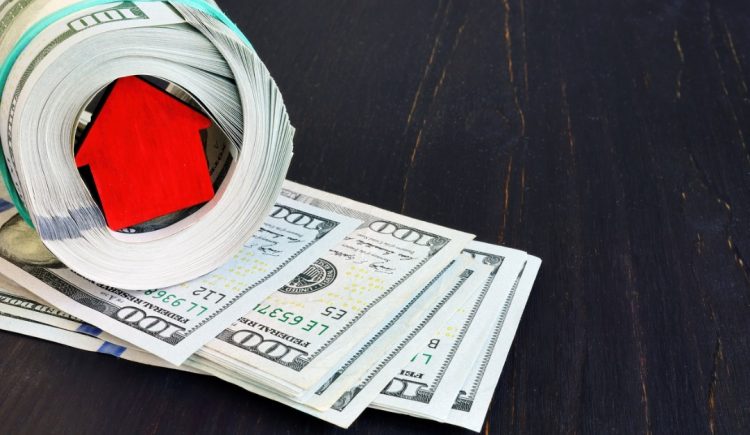A cash-out refinance is a tool that allows homeowners to tap into their equity and use the money however they choose. It’s important to understand when it makes sense and to consider the risks.
How the Process Works
With a cash-out refinance, you could take out a new mortgage for a larger amount than the balance owed on your current loan. You would receive the difference between the amounts of the old and new mortgages.
To be eligible for a cash-out refinance, you must have home equity. Lenders allow homeowners to receive up to 80 to 90% of their equity at closing.
The interest rate for a cash-out refinance could be higher or lower than the rate on your current mortgage. It would most likely be lower than the rates for a home equity loan or home equity line of credit.
How to Use the Money From a Cash-Out Refinance
Many homeowners use funds from a cash-out refinance to make home improvements. Doing that could increase your home’s value and help you build equity.
If you used the money from a cash-out refinance to pay off high-interest credit cards, you might save thousands of dollars and raise your credit score. You would have to be careful not to let yourself accumulate large bills again, though.
A cash-out refinance could also help you cover your child’s college tuition. The interest rate on a new mortgage might be lower than the interest rate on a student loan.
Drawbacks and Potential Problems
If you couldn’t afford your higher mortgage payments after refinancing, you could lose your home to foreclosure. Think carefully about that, especially if you’re thinking about significantly increasing your mortgage balance to pay off large credit card bills.
With any mortgage refinance, you would have to pay closing costs, which are typically several thousand dollars. Weigh the cost against the potential benefit to your overall financial situation to decide whether a cash-out refinance is worth it.
If the balance on your mortgage after you refinanced was more than 80% of your home’s value, you would need to purchase private mortgage insurance, which often costs hundreds of dollars per month. You would have to keep paying for PMI until you had 20% equity.
Since a cash-out refinance would mean taking out a new loan, it might take you a lot longer to pay off your mortgage. You may also have to pay a lot more in interest over time than you would have if you had stuck with your original mortgage. Think about how that could impact your retirement and other long-term goals.
Is a Cash-Out Refinance Right for You?
Refinancing your mortgage to tap into your home equity could be a way to pay for important expenses, increase your home’s value or reduce interest charges. It could also land you in trouble if you used it for the wrong reasons or failed to consider the risks. Discuss the pros and cons with a financial planner.









